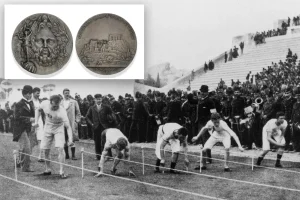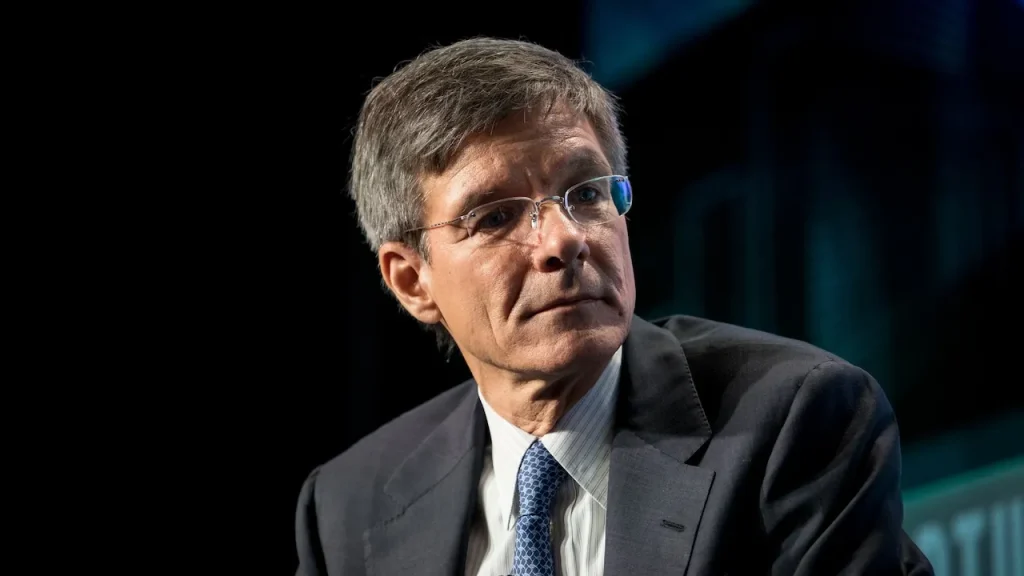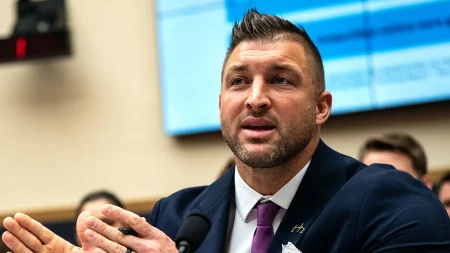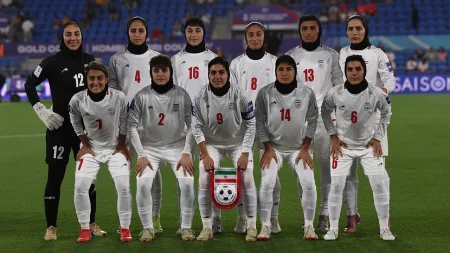The aftermath of the horrific New Year’s Day terrorist attack on Bourbon Street in New Orleans saw a confluence of grief, outrage, and controversy, particularly surrounding a pre-game message delivered by Tom Wilson, CEO of Allstate, the Sugar Bowl’s corporate sponsor. Wilson’s message, intended to promote unity and healing, instead ignited a firestorm of criticism and accusations of tone-deafness, raising questions about the appropriateness of corporate messaging in the wake of tragedy and the delicate balance between promoting positive values and acknowledging the raw emotions of a grieving community.
Wilson’s video message, played before the College Football Playoff quarterfinal game between Georgia and Notre Dame, called for Americans to overcome an “addiction to divisiveness and negativity” and to “accept people’s imperfections and differences.” While seemingly advocating for unity and understanding, the message was perceived by many as minimizing the gravity of the terrorist attack and shifting the focus away from the victims and their families. The timing of the message, delivered mere days after the attack, further exacerbated the negative reaction, with many viewing it as an opportunistic attempt to leverage a tragedy for corporate branding. The call for unity, while noble in principle, was interpreted as a dismissive platitude in the face of a horrific act of violence.
The public outcry against Wilson’s message was swift and widespread, primarily fueled by social media. Allstate customers expressed outrage and threatened boycotts, accusing the company of being insensitive and out of touch with the pain and anger felt by the community. Critics argued that the message failed to acknowledge the specific nature of the tragedy – a deliberate act of terrorism – and instead presented a generic call for unity that seemed to equate the perpetrator’s actions with mere “imperfections and differences.” The perceived attempt to promote a corporate message of positivity amidst the raw grief and trauma further fueled the backlash.
Adding to the controversy was Allstate’s subsequent handling of the situation. While the video message was initially shared by the company’s own social media team, it was later deleted amidst the growing criticism. This action, perceived by some as an attempt to erase the evidence of the controversial message, further inflamed online sentiment. The company subsequently issued a statement condemning the terrorist attack and clarifying Wilson’s intentions, but the damage had already been done. The statement, while affirming Allstate’s condemnation of violence, reiterated the message of overcoming divisiveness, which continued to be a source of contention for many.
The incident highlights the challenges faced by corporations in navigating the complexities of public discourse in the aftermath of tragedy. While expressing condolences and promoting positive values are generally seen as appropriate, the timing, tone, and context of such messages are crucial. In this case, Allstate’s message, delivered so soon after the attack and seemingly focused on a broader societal issue rather than the specific tragedy, was perceived as insensitive and opportunistic. The subsequent deletion of the video and the company’s clarifying statement, while attempting to address the concerns, ultimately failed to quell the criticism and further fueled the perception of a company trying to backpedal from a misstep.
The Allstate/Sugar Bowl controversy serves as a cautionary tale for corporations seeking to engage in public discourse surrounding sensitive issues. It underscores the importance of careful consideration of the context, timing, and wording of corporate messages, particularly in the aftermath of tragedy. While promoting positive values such as unity and understanding is laudable, it must be done in a manner that is sensitive to the specific circumstances and acknowledges the pain and suffering of those affected. In this instance, Allstate’s message, however well-intentioned, ultimately missed the mark and sparked a backlash that could have been avoided with greater sensitivity and awareness. The incident serves as a reminder that corporate social responsibility extends beyond mere pronouncements of support and requires a genuine understanding of the emotional landscape and a commitment to engaging in thoughtful and respectful dialogue.















